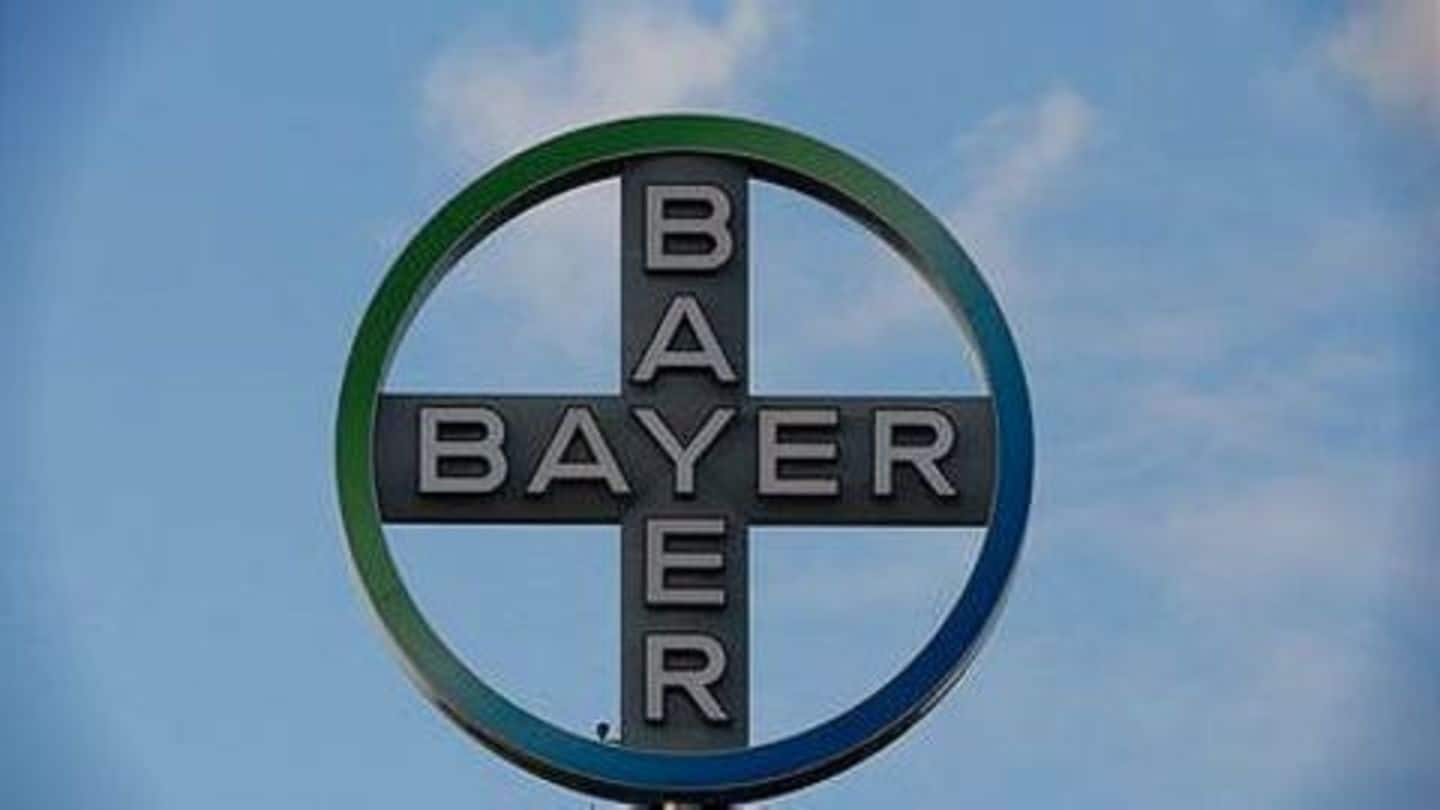
Bayer to takeover Monsanto for $66 billion
What's the story
Bayer- the German drug and crop chemical producer clinched the U.S. seeds company Monsanto in a $66 billion takeover.
This transaction will conceive a business holding "more than a quarter of the combined world market for seeds and pesticides" in the farm supplies industry.
The deal covers the $2-billion break-up fee that Bayer will pay in case it doesn't get regulatory clearance.
Introduction
Monsanto: A pioneer in crop seeds
Monsanto was the pioneer in the business of genetically modified crop seeds.
Some of its milestones were with corn when it introduced corn that could resist the corn borer, a ravening farm pest.
In 1998, Monsanto added a gene that enabled the plant to resist both corn borers and a top herbicide.
In 2010, it launched a corn superintended to grow on less water.
Information
The deal is not complete, yet
Both companies will now have to seek antitrust support in almost 30 global jurisdictions, possibly including emerging markets for seeds and pesticides such as China, India and Brazil and could also lead to the deal's breakup.
Agricultural mergers
Frenzy of mergers between world's top seed and pesticide suppliers.
In recent times, more and more seed suppliers and pesticide manufacturers have opted for mergers to cut costs.
In February 2016, Syngenta AG agreed to a $43 billion trade to China National Chemical Corp., after turning down a takeover bid from Monsanto.
Even DuPont Co. and Dow Chemical Co. are seeking a merger that would ultimately spin off a combined agricultural business.
Bad news for farmers?
Impact of the mammoth deal
The tie-up will give Bayer control of over 25% of the world's supply of seeds and pesticides.
Recently, declining crop prices have witnessed farmers cutting back on purchasing seeds and agricultural chemicals, such as herbicides and pesticides, commencing reduced profits for suppliers.
Farming associations have raised anxiety that this merger could mean fewer choices and higher prices for farmers.
15 Sep 2016
The deal stands to pose health risks
Several anti-trust lobbyists have raised concerns over the deal claiming it poses health risks too.
Monsanto's crops make bread, cereal etc.
The company is famous for engineering food and pesticides.
This could mean more genetically altered food with a higher hazard of pesticide residue.
Also, pesticides may make their way onto organic farms and lead to the lack of biodiversity.